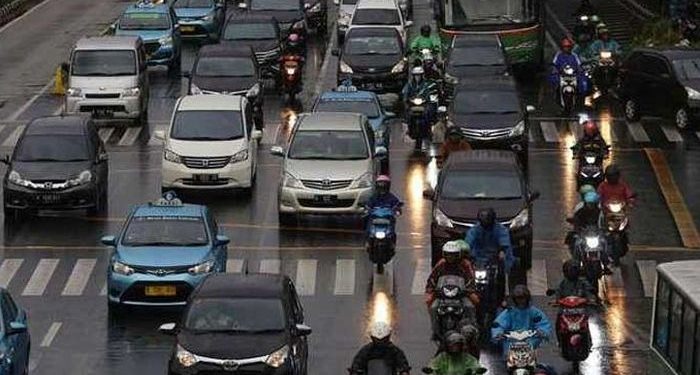Jakarta, Indonesia Sentinel — The Indonesian government is set to implement mandatory third-party liability (TPL) insurance for all vehicle owners, both car and motorcycle, starting in 2025. This initiative aims to provide financial protection for third parties affected by traffic accidents and bolster the country’s insurance industry.
What is TPL Insurance?
TPL insurance is a product that compensates third parties for damages caused directly by insured motor vehicles. Currently, motor vehicle insurance in Indonesia is voluntary. However, the new mandate aligns with the Financial Sector Development and Strengthening Law (UU PPSK), passed in early 2023, which grants the government authority to establish mandatory insurance programs.
“This kind of mandatory vehicle insurance is already practiced in many countries, including ASEAN nations,” said Ogi Prastomiyono, Chief Executive of Insurance Supervision, Guarantees, and Pension Funds at Indonesia’s Financial Services Authority (OJK).
Timeline and Implementation of Car Insurance
The government is working on derivative regulations from the UU PPSK, with plans to roll out the policy by January 2025. The Ministry of Finance is preparing a government regulation (PP) to provide a framework, which will then be followed by specific rules from OJK through an OJK Regulation (POJK).
“This regulation is part of a collaborative effort to strengthen financial policies and the readiness of the insurance industry to roll out TPL products,” Ogi explained.
Benefits and Challenges
Ogi emphasized that mandatory TPL insurance would adopt a collective approach to minimize losses during traffic accidents involving multiple parties. This policy is expected to address gaps in current insurance coverage and expand market penetration in the insurance sector, which currently accounts for only 5.32% of Indonesia’s GDP as of October 2024.
Despite the benefits, implementing mandatory TPL insurance poses challenges, particularly in developing an integrated platform to monitor insurance coverage for all vehicles. Additionally, the industry must innovate to offer products tailored to public needs and national development goals.
Legal and Strategic Framework
Mandatory insurance provisions are outlined in Article 39A of the UU PPSK. This law authorizes the government to require specific groups to contribute premiums or fees as part of mandatory insurance programs.
“The government can mandate certain community groups to pay premiums or contributions as a funding source for the program,” reads the legislation.
The roadmap for insurance development (2023-2027) highlights mandatory insurance as a critical strategy to increase market density and expand the insurance sector.
Indonesia Receives Over 11,000 Financial Fraud Reports in 2024
The Ministry of Finance, as the primary financial policy regulator, is collaborating with OJK and industry stakeholders to ensure smooth implementation. The policy also supports the deeper financial market penetration mandated by the UU PPSK.
“This is a significant step to provide better protection for third parties and to strengthen the insurance market. However, it requires regulatory and industry readiness,” Ogi concluded.
(Becky)


























